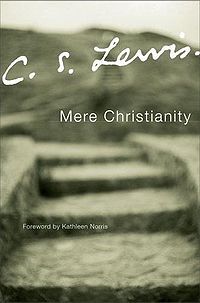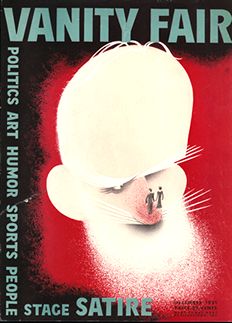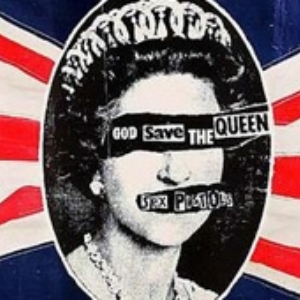
Clayton Chrusch, in response to Merv Nicholson’s post of September 15, comments:
Thank you, Merv, for these articles. What do you see as the connection between Frye’s political views and his respect for desire? C.S. Lewis also valued desire very much, but he was not a social democrat.
To which Merv responds:
Lewis was in practice a social democrat. He was a Red Tory. He took the National Health Service (“socialized” medicine in the UK) as obvious common sense, and was shocked to discover they had no such thing in the US.
He says in “Mere Christianity” that a Christian society would be what “we now call Leftist”. He was far far far far from Americans (or Canadians for that matter like SH [Stephen Harper]) who call themselves “conservative.”
He denounced the basis of capitalism in the same book, puts a man who advocates the basic principle of Economics (“the science of scarcity”) that scarcity creates society–he puts that man in Hell in The Great Divorce.
He reminds people that the Bible says you’re not supposed to lend money at interest, and where would that put our social order?
Lewis made grumpy comments about the Labour government and made growly curmudgeon noises about tradition and “Moderns” and so on, but IN PRACTICE he had the very same values as a social democrat.
He wasn’t interested in politics, by the way.
You’re right: Lewis is one of the few people who deeply value desire — in this, as in other ways, he was close to Frye, surprisingly.
(I have a book coming out about Lewis, so I am close to all these questions, though I’m not ready to say anything about that book.)
Interesting points and it is observant of you to connect NF with CSL (though a number of people, including myself, have done so elsewhere). I actually talked to him about CSL. It was very interesting what he had to say.

